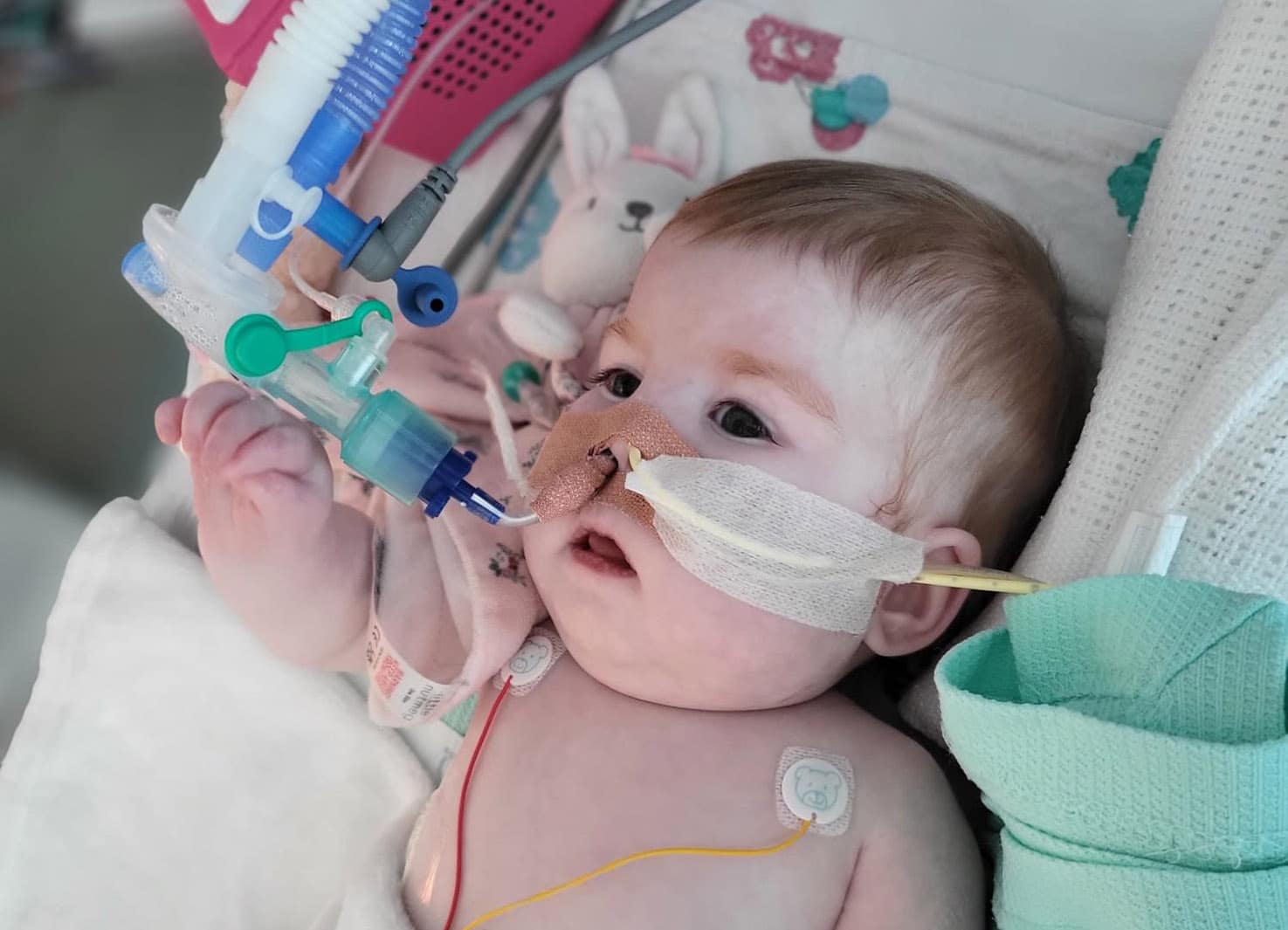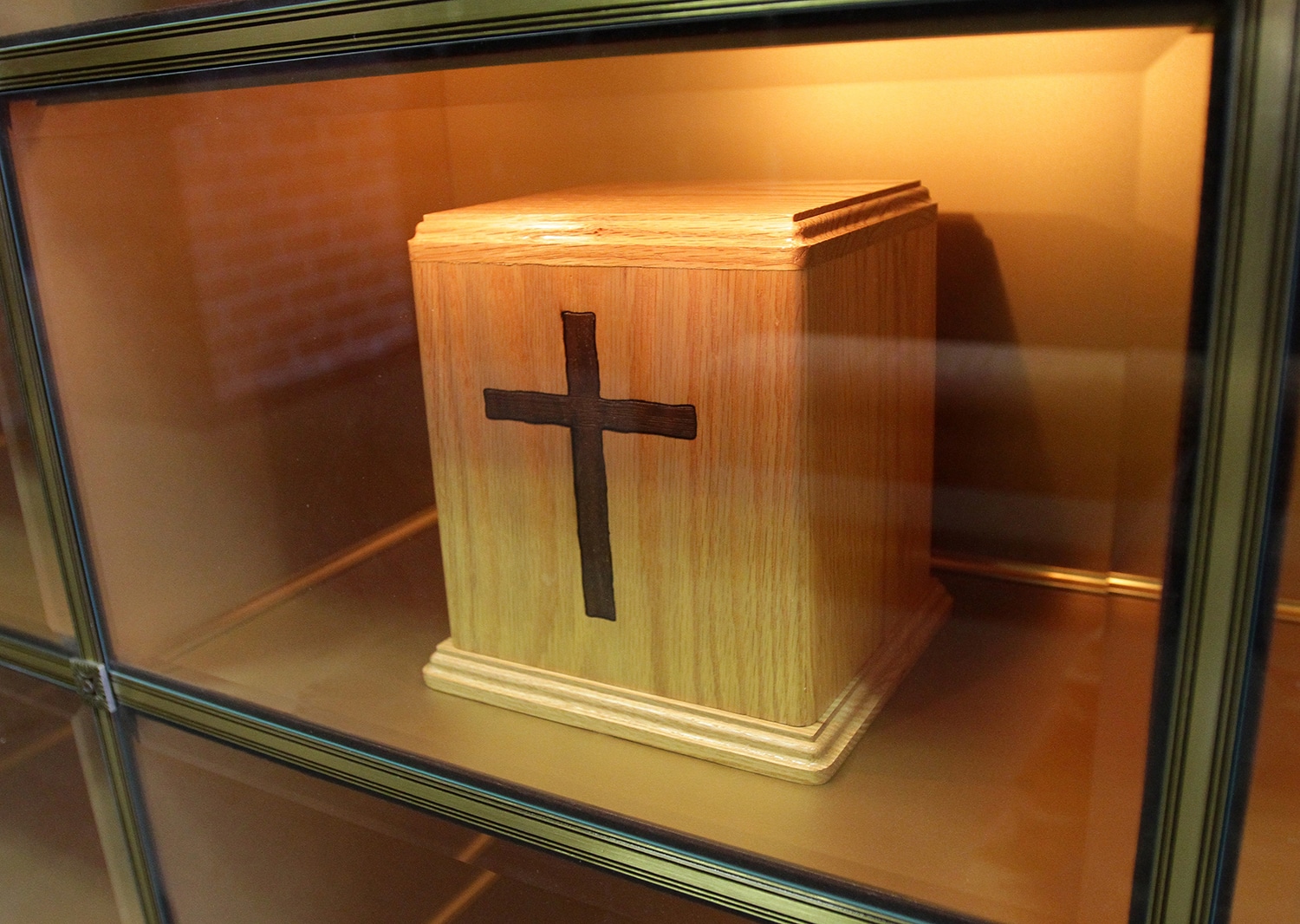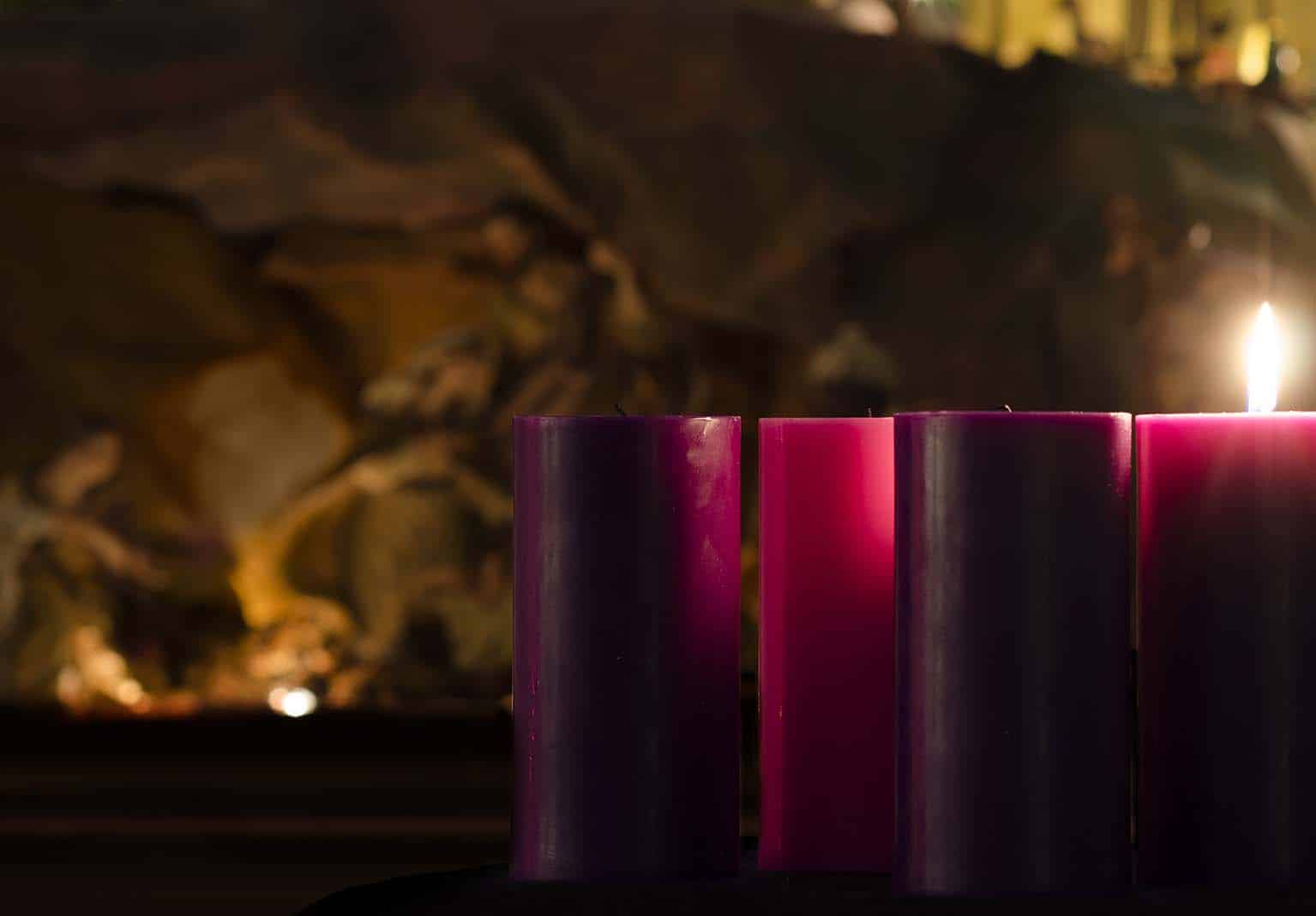Eight-month-old Indi Gregory couldn’t live without a ventilator. Her doctors and the courts decided she didn’t deserve that help. Her parents appealed and they were rejected. Her breathing tube was removed Nov. 12, and she died in the wee hours of the morning on Nov. 13 — the feast day of a saint who was born in Italy and cared for vulnerable children, Mother Cabrini.
To read the legal documents in the case of Indi at the British High Court is to see a window into the dehumanization of medicine. If you read the legal documents, there was some miscommunication along the way. At some point, socialized medicine said she would be able to die at home. But because of some bureaucratic miscommunication, time passed, doctors said she had deteriorated, and she was sent to a hospice center to die in her mother’s arms. The National Health Service was determined to have a dead baby on their own terms.
Was it as cold as that? Probably not. I’d like to think everyone had good intentions. The judgment talked about Indi’s pain and suffering. I suspect no one wanted her to be in pain and to suffer. But it’s the worst kind of medicine to take away the freedom of a family to make decisions about extraordinary care. In the extraordinary case of Indi, the government of Italy extended her citizenship to expedite her transfer to Bambini Gesu hospital in Rome. The British government wasn’t going to have to pay to get her there. People wanted to help her and her family. Indi had a rare mitochondrial disease. Would she have survived longer? Would she have healed in any way? We don’t know. But why wouldn’t the UK allow her parents to try to prolong their time with her?
Indi’s story is one of judicial tyranny, medical overreach, and the culture of death at its most senseless. In abortion, if it’s early enough, there is pretending and looking away. Further along, there is a decision to not follow the obvious science learned in grade-school biology. In the case of Indi, her beautiful face was seen internationally. Why not let her parents love her more?
Voice to the voiceless
Indi is not the first child the National Health Service has killed over the objections of parents, and there’s more than enough reason to expect she will not be the last. Alfie Evans and Charlie Gard are the children whose parents fought back. How many parents are pressured by medical experts to take their children off extraordinary care, told it is the only merciful thing to do? Again, this is the culture of death: A culture that wants to end life rather than love a patient in their suffering. These families expose a Western medical culture where we all need to fear for our loved ones. Give thanks to God if you have a doctor who does not see your elderly parents or disabled child as unproductive and disposable and an economic liability. These precious lives shine a light in a dark reality.
Speaking of: Indi’s father says he is not religious. But he baptized his child before she died. He said that he had seen hell in the legal battle over the life of his daughter, and if hell is real, he wants, for his daughter’s sake, heaven to be, too. In so much of the evil we see in our world today where we can be so callous toward those who most need our love and support, there is more going on than can be fully conveyed in a news story.
There’s much more that needs to be said about the life and death of Indi Gregory. Maybe, most especially, that most people in the world don’t even know her name. Would you please tell her story? Share her photo? Pray for her family? I have no doubt that Pope St. John Paul II, who wrote the “Gospel of Life” encyclical, will intercede for you if you do.
I was at a Catholic college campus as Indi died, and a young man asked about how he should respond when someone tells him he does not have a right as a man to voice an opinion against abortion. He has a voice. Indi didn’t. Her parents tried. It’s about more than abortion. It’s about giving voice to the voiceless.







